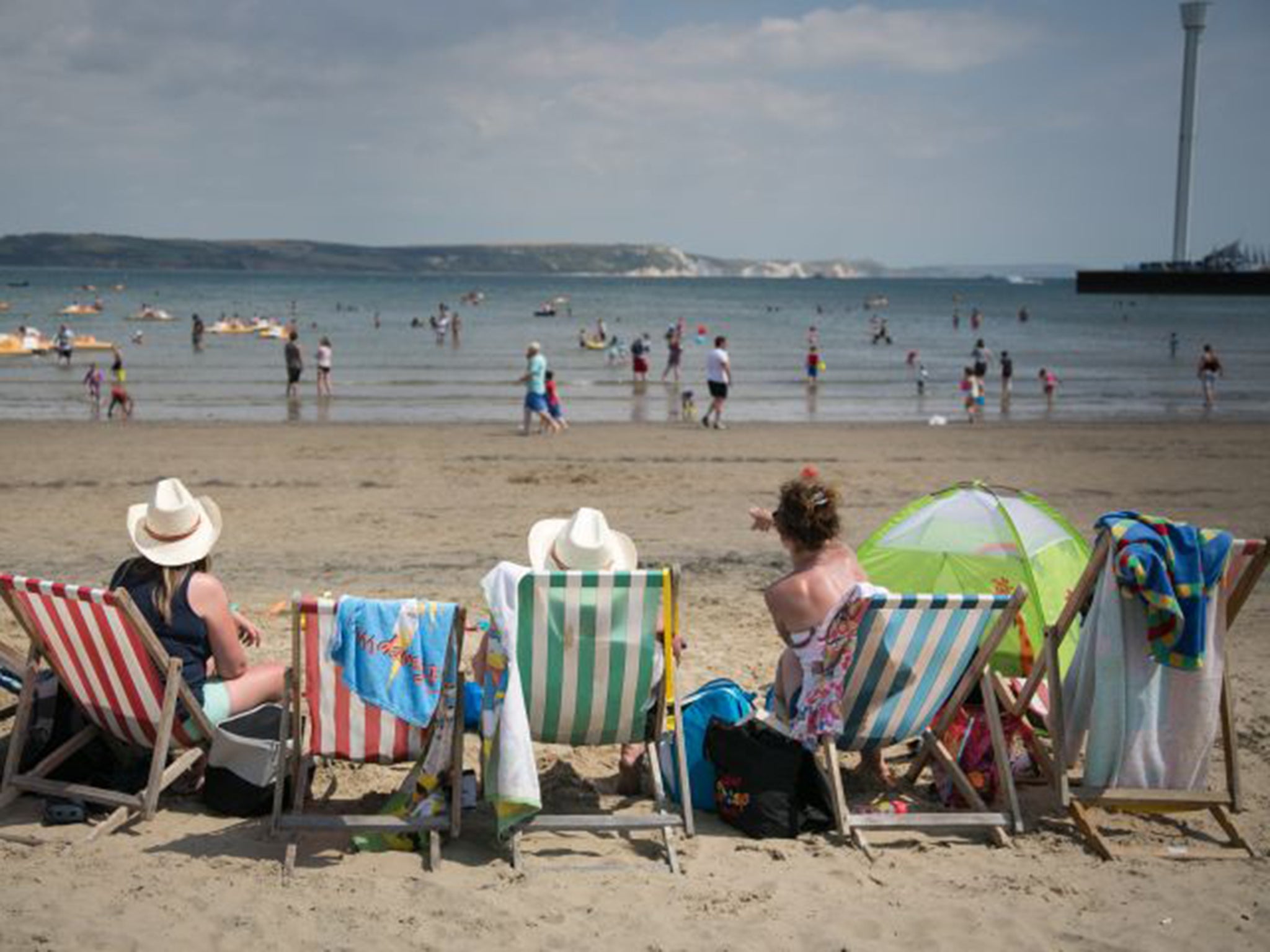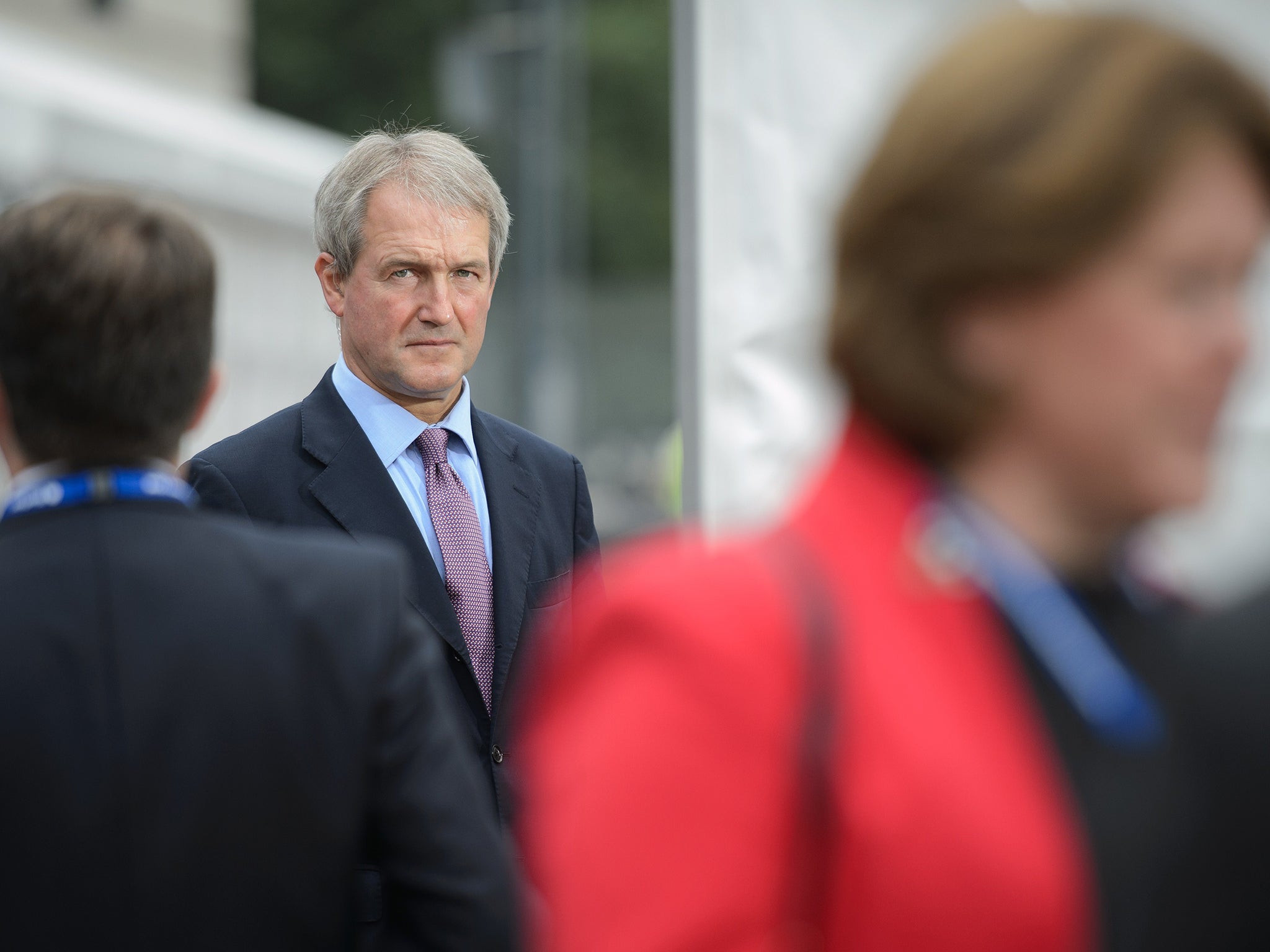Climate change activists blame Government for 'colossal failure' to make global warming a national priority
2014 was the hottest year on record

The Government has been accused of a “colossal failure” to educate the British public about the risks of global warming, after official data confirmed that 2014 was the hottest year in the UK since records began.
The average temperature last year was 9.9C, some 1.1C above the long-term average and eclipsing the previous record set in 2006, according to the Met Office. The new data means that eight of the UK’s top ten warmest years have occurred since 2002, and five of the six rainiest years have been this millennium.
National weather records began in 1910 - but the extremity of recent trends is confirmed by regional records dating back centuries. The 2014 temperature in Central England was the hottest since records there began in 1659, according to separate figures.
Britain is also enduring more rainfall, with 2014 the fourth wettest year since 1910 - a trend that fits with scientists’ models for the impact of rising global temperatures.
Despite the unequivocal evidence of a changing climate, research indicates that many Britons are still unaware of the threat posed to the UK by extreme weather.
Leading climate activists blamed the Government for failing to make global warming a national priority.
“The lack of awareness of the UK public of how climate change is already affecting them represents a colossal failure by the Government and its agencies, including the Environment Agency and the Met Office, to communicate with the public about this issue,” said Bob Ward, policy director at the London School of Economics’ Grantham Institute.

“In particular, the Department for Environment, Food and Rural Affairs (Defra) has utterly failed to invest enough resources in communication about climate change even though it has lead responsibility for ensuring the UK becomes more resilient to its impacts.
“Indeed, the Department was, until recently, headed by a Secretary of State who even denied the risks of climate change,” he added, in reference to former minister Owen Paterson, who was known for his climate scepticism.
Mr Ward pointed to research showing that a majority of people who live on a floodplain do not believe that they are at any risk of flooding, and a recent survey indicating that the average person thinks the risks of heatwaves is decreasing rather than increasing.
Simon Bullock, senior climate campaigner at Friends of the Earth, said: “Our political leaders must wake up to the climate change threat and agree a binding international action plan to slash emissions in Paris this year – with wealthy, developed nations taking the lead.
“Without action to cut our use of fossil fuels the world is going to keep warming – with ever-increasing risks of climate disasters.”
A Defra spokesman said: “Building our resilience to climate change is important for everybody, which is why we developed the first National Adaptation Programme published last year setting out actions for government, businesses, local councils and communities.
“We are committed to addressing the risks from climate change - by increasing awareness and making far-sighted decisions we can address these risks, save money and safeguard our homes and communities for the future,” he added.
Join our commenting forum
Join thought-provoking conversations, follow other Independent readers and see their replies
1Comments